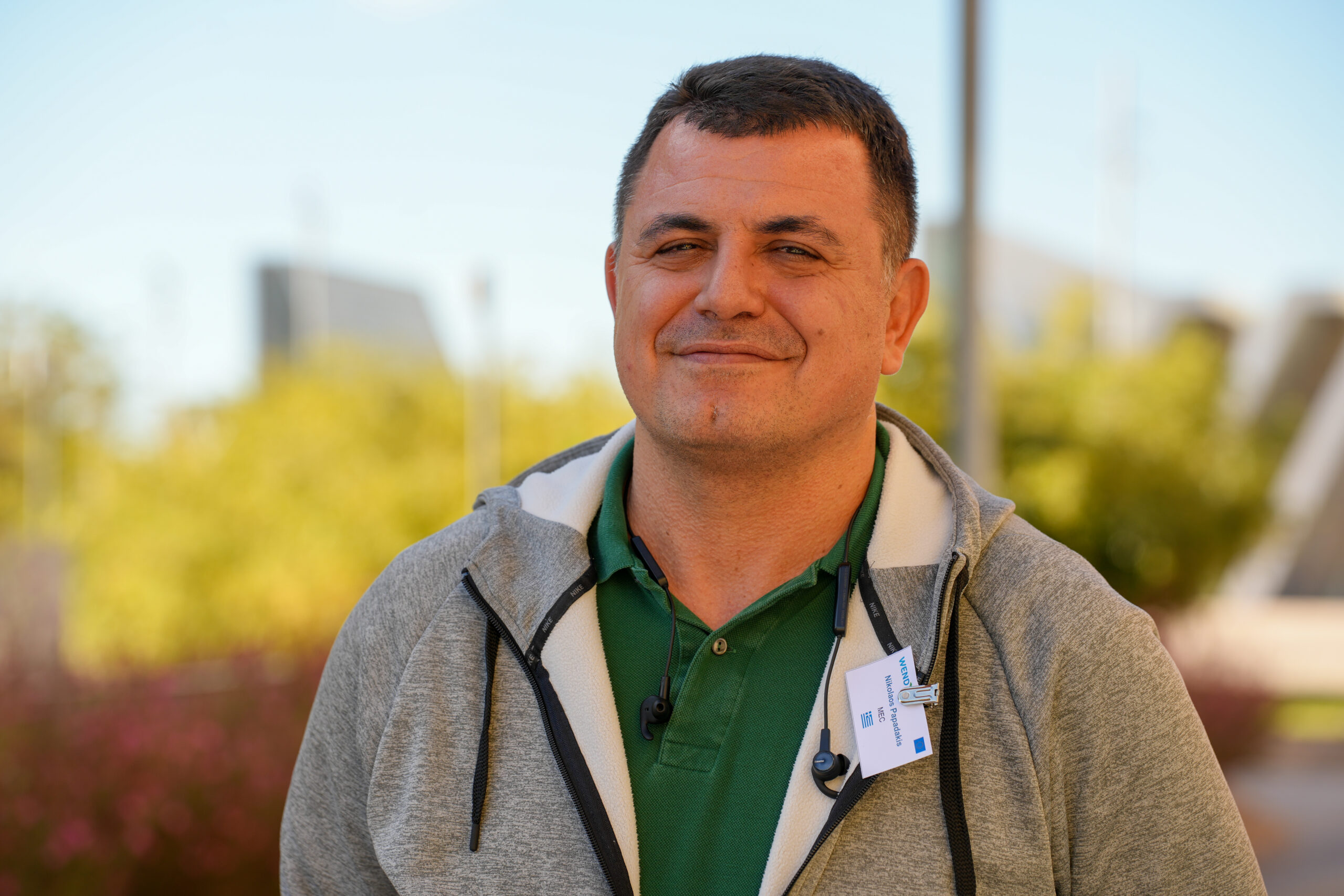The Greek energy community, Minoan Energy Community (MEC), was established to empower the energy transition in Crete and democratise energy generation using renewable energy resources (RES). It is the largest energy community in Greece with over 850 members (March 2024), primarily residing on the island of Crete.
Minoan Energy Community plays a crucial role in the WENDY project. Through its extensive membership base, activities and collaboration with other energy communities, MEC facilitates effective communication with the Greek social fabric for one of the pilot areas. The project explores factors influencing public opinion on wind energy, focusing on energy citizenship, environmental design and energy landscapes.
Participation in MEC projects is voluntary, allowing any of the (over 1000) members to contribute. A technical-scientific team of 30 members, comprised of members of the community who are experts in various fields including industry, academia, and consulting. The local government oversees the activities. Six individuals are actively involved in the WENDY project: Irini Dakanaki, Chrysoula Iakovopoulou, George Doriakis, Dimitris Katsaprakakis, Nikolaos Papadakis, and Ioannis Samonakis.
While specific roles aren’t assigned, Irini, Chrysoula, and Nikolaos typically manage the organisation and execution of questionnaires, workshops, interviews, and report preparation. John Samonakis maintains the MEC website and supports communication and dissemination efforts. Dimitris, a founding member and a leading figure in MEC’s Technical Committee, boasts extensive academic expertise in RES and grid integration, offering valuable guidance to the team.
“WENDY empowers local communities and stakeholders in Greece to participate in developing and maintaining wind farms, promoting environmental harmony and public acceptance. Recognising the project’s focus on fostering social acceptance of wind turbines, MEC actively participates in the WENDY project,” said the President of MEC, Lambis Giannopoulos.
This commitment addressing key issues and seeks impactful solutions. In Greece, onshore wind has faced resistance due to perceived overexploitation by commercial companies with limited community integration. MEC believes that democratising energy generation is essential for public acceptance of wind energy initiatives. They view WENDY as a valuable resource for promoting sustainable integration of offshore wind energy into Greece’s energy landscape, providing insights beneficial local and national legislative bodies.
Author: Nikolaos Papadakis, MEC
Edit: Martine Farstad

